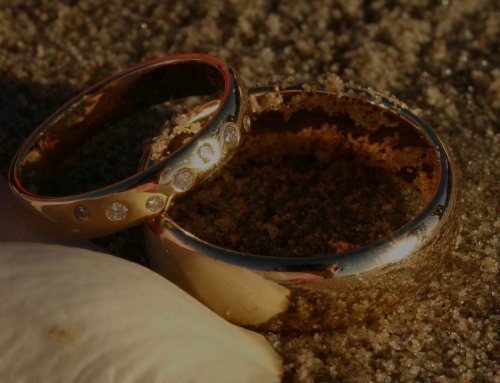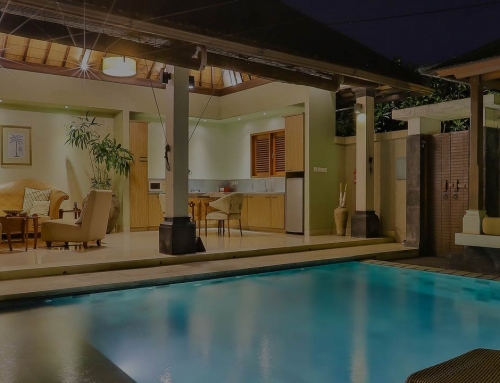By Phuket News Property · February 10, 2022
Phuket remains one of the most popular destinations for long-stay residents exploring the property market. Whether considering a condominium, villa or long-term lease, buyers typically benefit from understanding the local landscape, legal structures and practical considerations. This guide highlights key points that often shape decisions for those looking to make Phuket their long-term home.
Understand the differences between property types
Phuket offers a diverse property mix, and each category carries its own considerations.
Condominiums
Foreigners can own condominium units freehold under Thailand’s Condominium Act, making them the most straightforward legal option. Buyers often prioritise location, building management and long-term maintenance plans.
Villas and houses
Stand-alone homes are typically built on land that remains under Thai ownership. Long-term leases and structured agreements are commonly used by foreign residents seeking privacy and space.
Leasehold developments
Many planned communities offer 30-year registered leases with renewal structures and community facilities. These provide predictable living arrangements and maintenance services.
Focus on location and daily convenience
Different areas of Phuket offer different lifestyles. Buyers often consider:
-
proximity to beaches or inland tranquillity
-
access to schools, supermarkets and healthcare
-
travel times between work, leisure and fitness centres
-
community atmosphere and year-round activity
Neighbourhoods such as Cherng Talay, Rawai, Kata and Bang Tao remain popular for their mix of convenience and long-stay appeal.
Check building quality and maintenance
Well-constructed properties and responsible building management make a meaningful difference to long-term comfort. Points to consider include:
-
materials and workmanship
-
roof condition and drainage
-
electrical and plumbing systems
-
ventilation and natural light
-
management company reputation
Older properties may require renovation, while newer developments often focus on modern layouts and efficient living spaces.
Review legal structures carefully
Phuket’s property environment offers clear pathways for foreign ownership and use, but buyers are wise to understand the key principles:
-
freehold condominium ownership is available within quota
-
long-term leases grant usage rights but not land ownership
-
company ownership structures must follow Thai law
-
due diligence should include title searches and land borders
-
contracts should reflect actual usage, duration and responsibilities
Clear documentation provides stability and confidence for long-term residents.
Consider long-term costs and community fees
Property ownership and long-term leasing involve ongoing expenses. Buyers typically review:
-
common area fees
-
sinking funds
-
maintenance and utilities
-
renovation or upgrade needs
-
management services
Understanding these factors helps plan for predictable long-term living.
Think about lifestyle and future plans
Phuket attracts a wide range of residents, from remote professionals and retirees to families and seasonal visitors. Lifestyle needs often influence property choices:
-
home offices and flexible spaces
-
access to fitness facilities or nature
-
family-friendly layouts
-
neighbourhood atmosphere
-
community activities
Matching a property to long-term habits and preferences helps ensure the home remains suitable over time.













